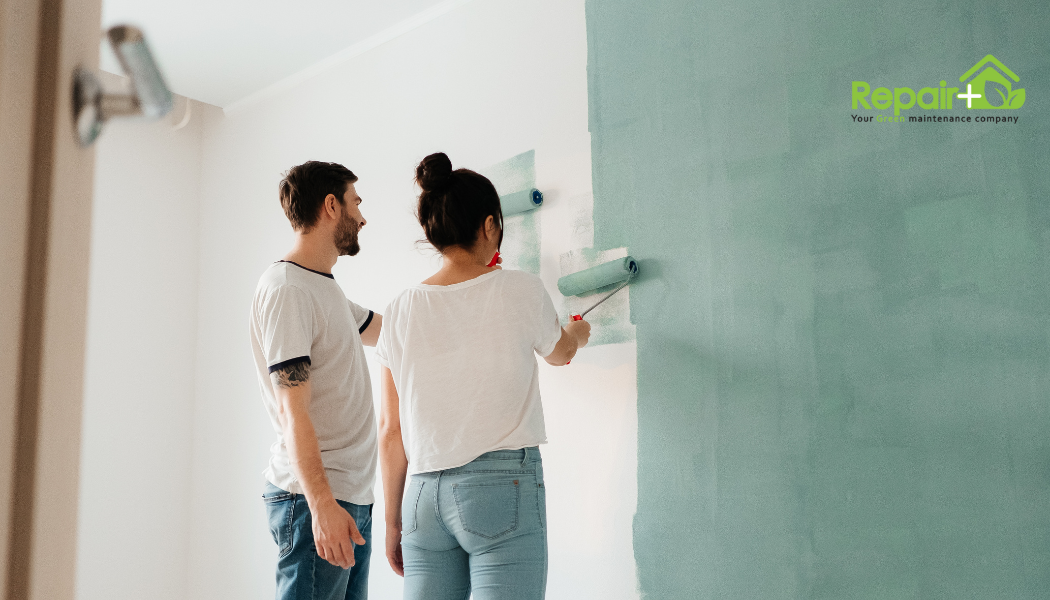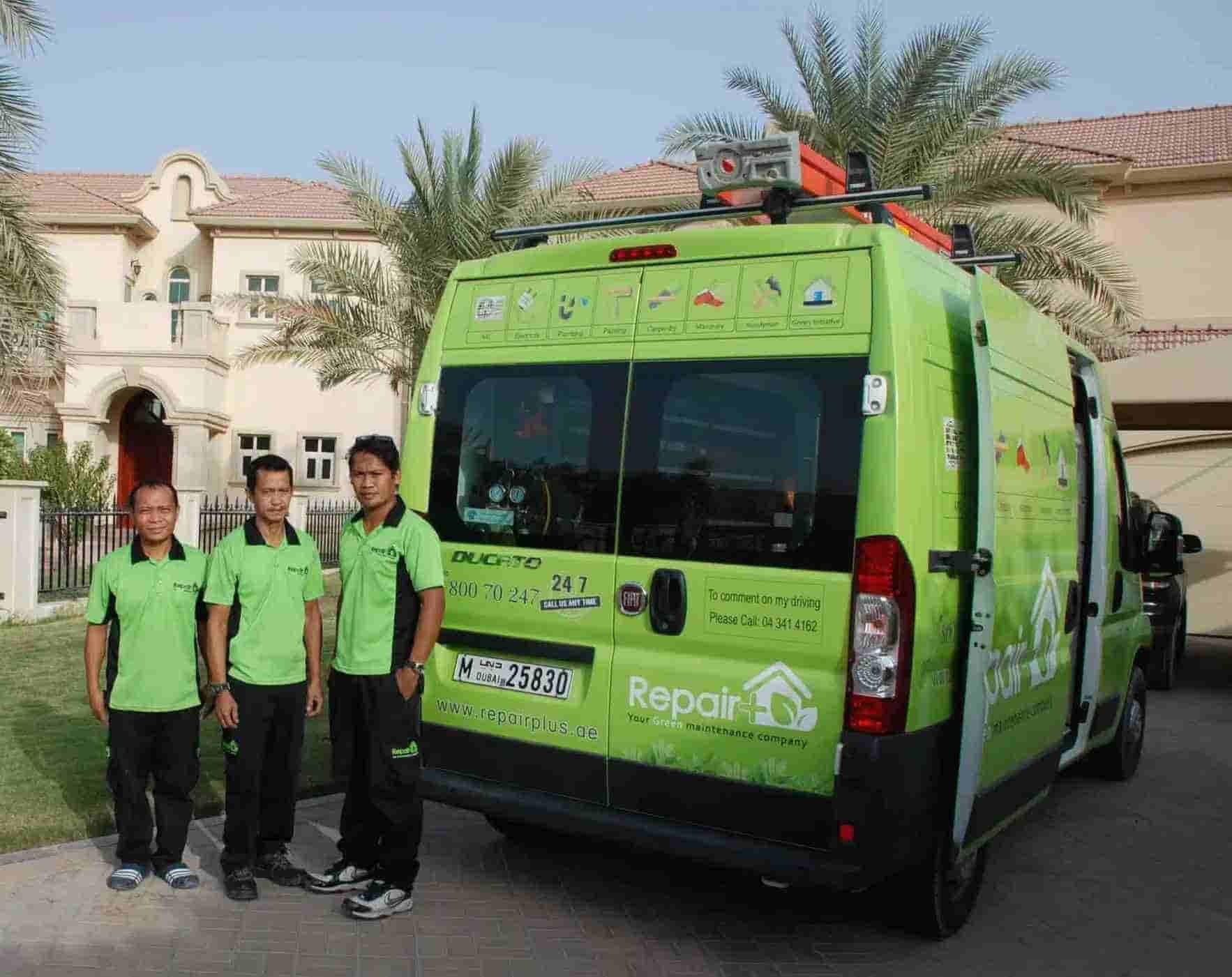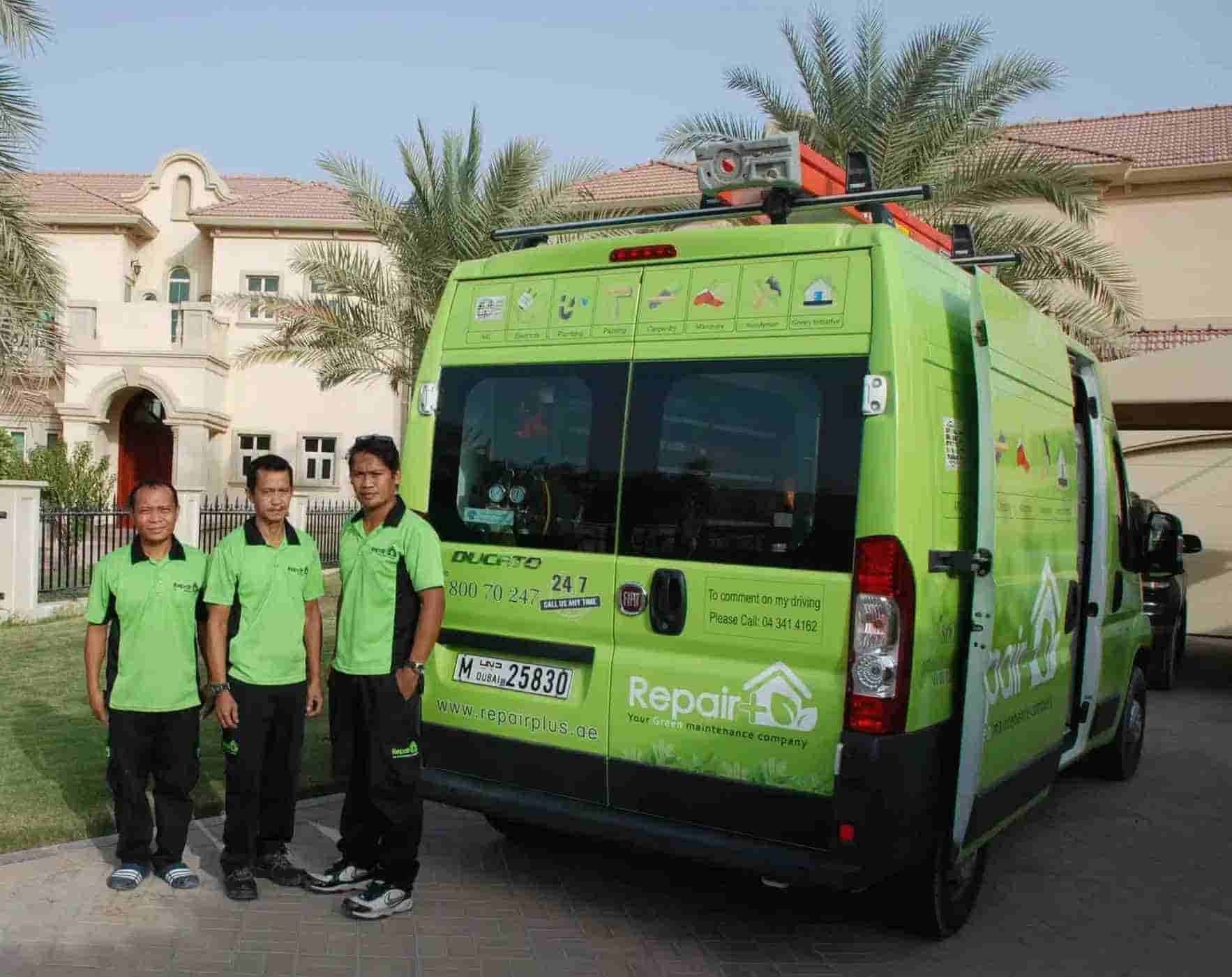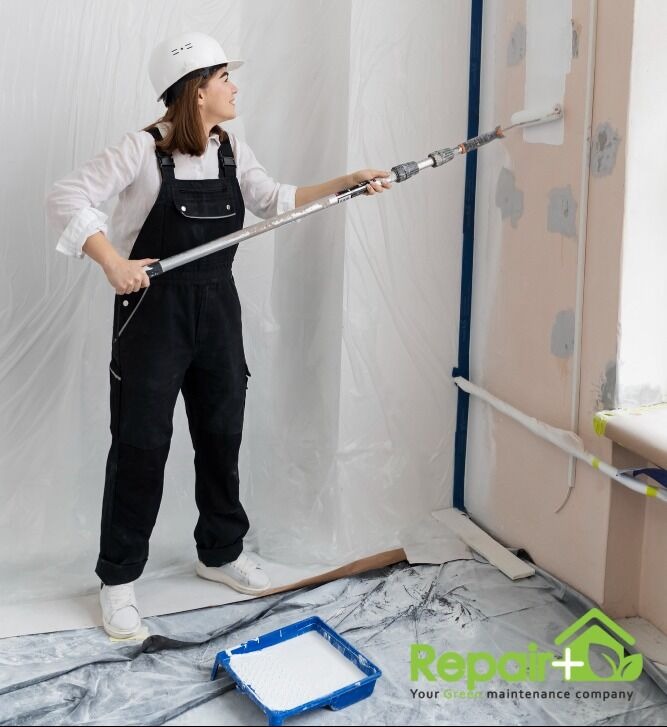How to Fix Common AC Problems: A Guide to Air Conditioner Repairs & Professional Services

Strong 8k brings an ultra-HD IPTV experience to your living room and your pocket.
Understanding the Basics of Air Conditioner Repairs
Air conditioners are essential for indoor comfort, especially in regions like Dubai where temperatures remain high for most of the year. However, like any mechanical system, AC units can develop faults over time. Understanding basic air conditioner repairs helps homeowners take quick action and avoid costly damage. From identifying cooling issues to knowing when to call air conditioning repair services, this guide covers it all.
Common AC Problems and How to Fix Them
Knowing the root cause of your air conditioning problems can save time and money. Below are some of the most frequent issues and practical steps for ac fixing:
- AC Not Cooling Properly: This is often caused by a dirty air filter, low refrigerant, or a malfunctioning thermostat. First, clean or replace the air filter. If the problem persists, check the thermostat settings or call an air conditioning repair expert.
- Unit Not Turning On: This could be due to a tripped circuit breaker, blown fuse, or electrical fault. Check the breaker panel and reset if necessary. For ongoing issues, professional air conditioner repair services are recommended.
- Water Leakage Around the Unit: A blocked drain pipe or frozen evaporator coil can cause leaks. Turn off the unit and allow the ice to melt before cleaning the drain line. If water keeps accumulating, call in a service provider.
- Unusual Noises During Operation: Grinding, banging, or whistling sounds indicate loose components or motor issues. Turn off the AC and contact air conditioning repair services to inspect the internal parts.
When DIY Isn’t Enough: Calling Professional Air Conditioning Repair Services
While simple fixes can be done at home, some problems demand the expertise of trained professionals. Here’s when to skip DIY:
- Refrigerant Leaks: Handling refrigerants requires certification and experience.
- Electrical Failures: Repairing electrical components without training is dangerous.
- Compressor or Motor Malfunctions: These are core parts of the unit that need proper diagnosis.
Licensed technicians not only repair the issue but also conduct thorough inspections to ensure long-term performance. Hiring a trusted air conditioning service in Dubai also ensures compliance with local standards and warranty protection.
How to Choose the Right Air Conditioning Service Provider
Whether it's regular maintenance or urgent air conditioning repair, selecting the right service company matters. Look for:
- Experience and Licensing: Always choose certified professionals for air conditioner repairs.
- Emergency Availability: AC breakdowns during peak summer can be unbearable. Choose providers offering 24/7 support.
- Transparent Pricing: Ask for detailed quotes before approving any repair work.
- Customer Reviews and Ratings: Genuine reviews are often a good indicator of reliability.
Opting for professional air conditioning repair services ensures accurate diagnostics and durable fixes.
Preventive Maintenance Tips to Avoid Frequent AC Fixing
Preventive care can minimize the need for frequent air conditioning repair and extend the life of your unit:
- Change Filters Regularly: Clogged filters are the top cause of inefficient cooling.
- Clean Outdoor Units: Dust and debris can block airflow and reduce performance.
Schedule Seasonal Tune-Ups: Regular air conditioning service allows technicians to catch issues early and optimize performance.
An annual maintenance plan with a trusted provider can help you avoid emergency air conditioner repairs and reduce energy costs.
Conclusion
Whether it's a minor AC fixing job or a major air conditioning repair, acting promptly can save money and ensure comfort. Understand the basics, attempt simple DIYs where safe, and trust professional air conditioning repair services for everything else. With regular maintenance and timely repairs, your AC will stay efficient, reliable, and ready for Dubai’s harsh summer season.
FAQ’s
What is the most common AC repair?
Replacing or cleaning a clogged air filter is the most common AC repair, as it directly affects airflow and cooling performance.
Why is my AC running but not cooling?
Your AC may be low on refrigerant, have a dirty filter, a blocked condenser, or a faulty thermostat, each of which can prevent proper cooling.
How to know if refrigerant is low in AC?
Signs include warm air from vents, hissing sounds, frozen coils, and longer cooling cycles, indicating the need for professional inspection.
Note: IndiBlogHub features both user-submitted and editorial content. We do not verify third-party contributions. Read our Disclaimer and Privacy Policyfor details.




![How Much Does Carpentry Service Cost in Dubai? [2025 Guide]](https://indibloghub.com/public/images/courses/6874dedb011f83132_1752489691.webp)


